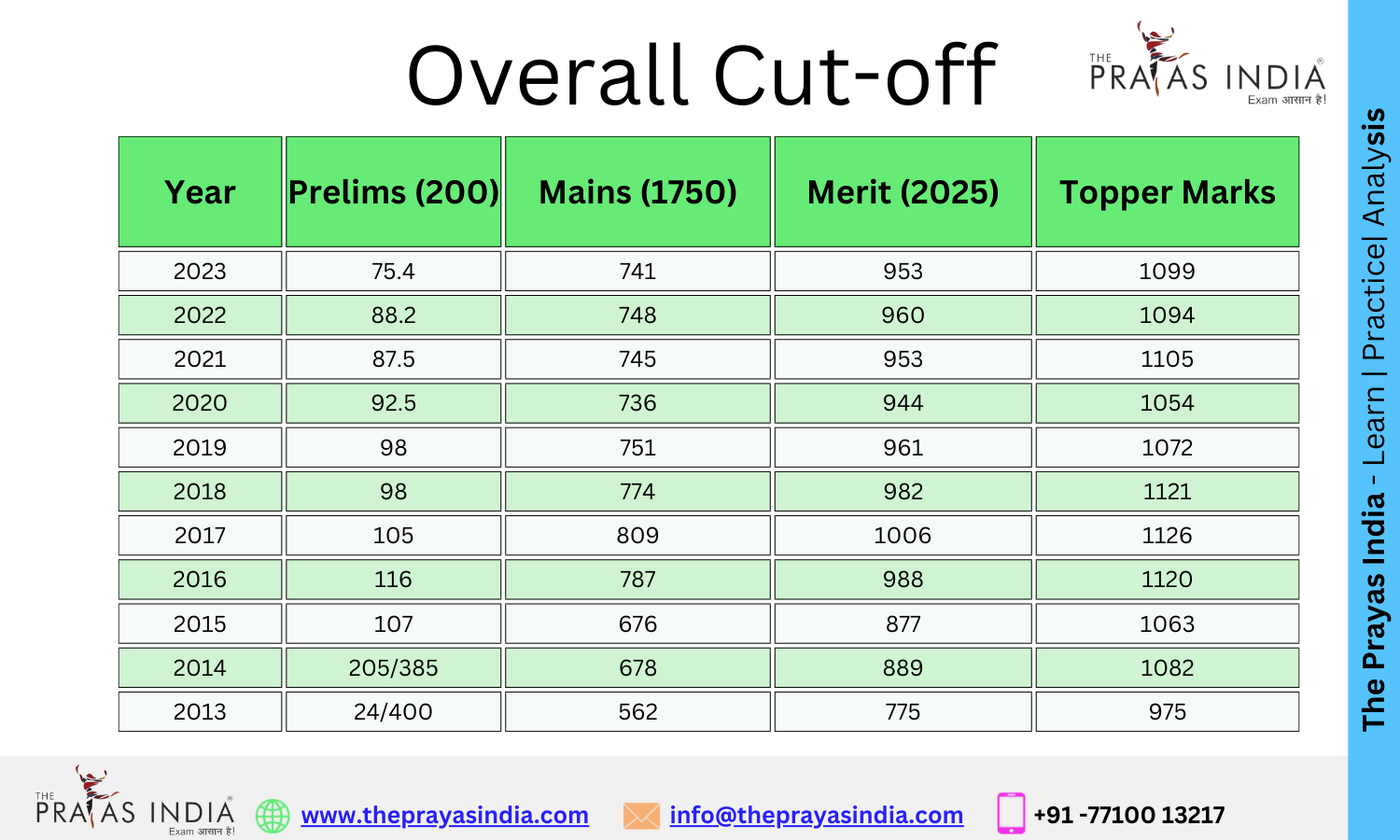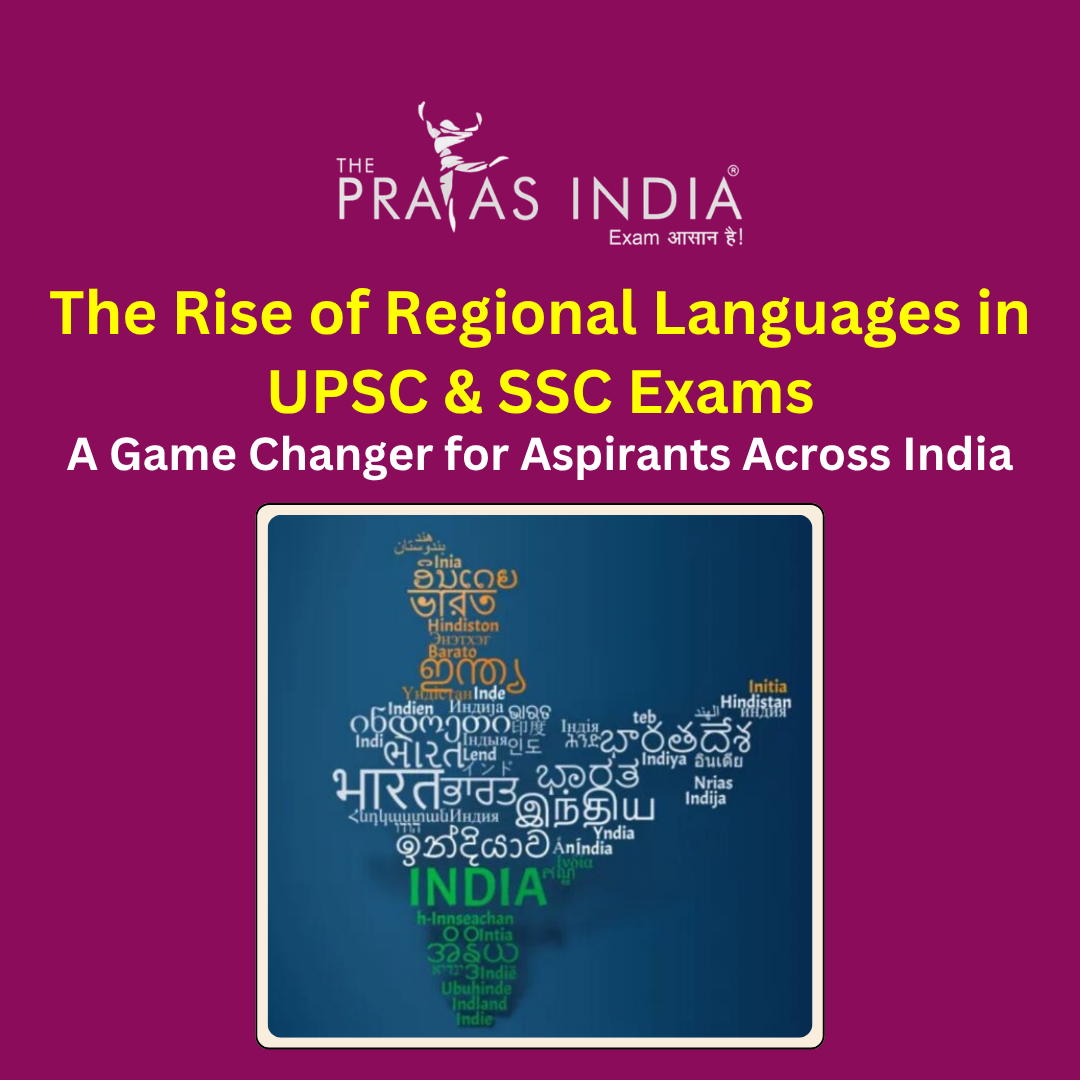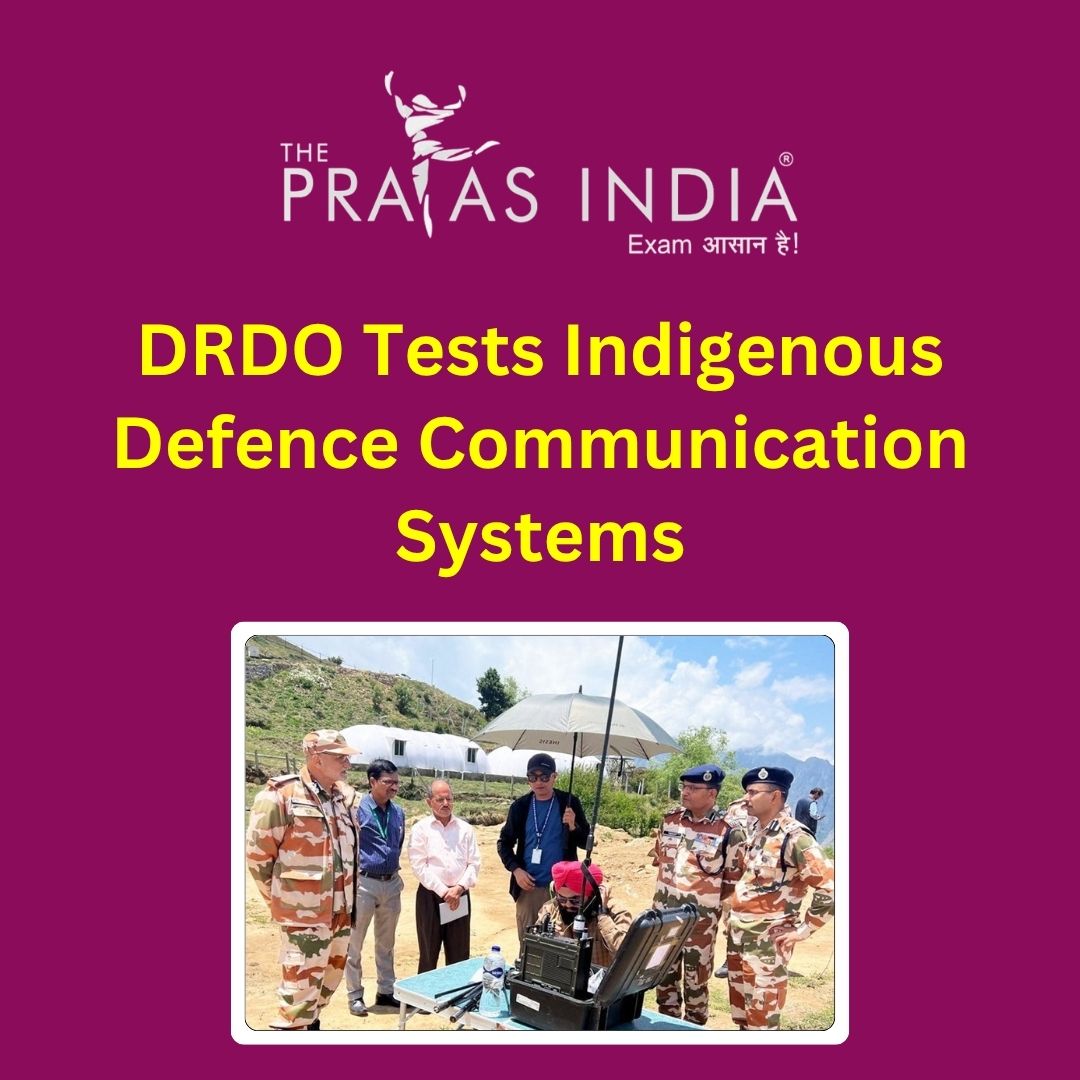Judicial Review
Judicial review can be defined as the doctrine under which executive and legislative actions are reviewed by the judiciary. Even though we have in India the principle of separation of powers of the three arms of the State, namely, the executive, the legislative and the judiciary, the judiciary is vested with the power of review over actions of the other two arms. The Supreme Court has declared the power of judicial review as a basic feature of the Constitution or an element of the basic structure of the Constitution. And hence, the power of judicial review cannot be curtailed or excluded even by a constitutional amendment.
Judicial Review is the power of the judiciary to examine the constitutionality of legislative enactments and executive orders of both the Central and State governments. If they are found to be violative of the Constitution, they can be declared as illegal, unconstitutional and invalid and they cannot be enforced by the government.
Judicial Review Classification
The Judicial review has been classified into three categories by Justice Syed Shah Mohamed Quadri. They are:
- Judicial review of constitutional amendments or to correct or make any change in previous decisions by the judiciary itself.
- Judicial review of legislation of the Parliament and State Legislatures and subordinate legislations.
- Judicial review of administrative action of the Union and State and authorities under the state.
These powers were used by the Supreme Court in various cases. For example,
- Golaknath case, 1967
- Bank Nationalisation case, 1970
- Privy Purses Abolition case, 1971
- Kesavananda Bharati Case, 1973
- Minerva Mills Case, 1980
Importance of Judicial Review
- It is essential for maintaining the supremacy of the Constitution.
- It prevents the tyranny of executives.
- It maintains the federal balance.
- It is essential for checking the possible misuse of power by the legislature and executive.
- It is essential for securing the independence of the judiciary.
- It protects the rights of the people.
Constitutional Provisions of Judicial Review
There is no provision in our Constitution empowering the courts for judicial review, but the Constitution has imposed definite limitations upon each of the organs, the transgression of which would make the law void. The court is entrusted with the task of deciding whether any of the constitutional limitations has been transgressed or not.
The legitimacy of any legislation can be challenged in the court of law on the grounds that,
- The legislature is not competent enough to pass a law on that particular subject matter; or
- The law is repugnant to the provisions of the Constitutions; or
- The law infringes one or more of the fundamental rights.
It is to be noted that the phrase ‘Judicial Review’ has nowhere een used in the Constitution. But the Constitutional Provisions which allow judicial review of legislations are:
- Article 13 – it establishes the judicial review of the pre-constitutional legislation. It declares that any law which contravenes any of the provisions of the part of Fundamental Rights shall be void.
- Article 32– it empowers the Supreme Court for the enforcement of fundamental rights and empowers it to issue directions or orders or writs for that purpose.
- Article 131– Provides for the original jurisdiction of the Supreme Court in centre state an Interstate disputes.
- Article 132– provides for the applet jurisdiction of the Supreme Court in constitutional cases.
- Article 133– for the update to restriction of the Supreme Court in civil cases.
- Article 134– it provides for the update jurisdiction of the Supreme Court in criminal cases.
- Article 134A– it deals with the certificate for appeal to the Supreme Court from the high courts.
- Article 135– empowers the Supreme Court to exercise the jurisdiction and powers of the federal court under any pre-constitution law.
- Article 136– it authorises the Supreme Court to grant special leave to appeal from any court or tribunal (except military tribunal and court martial).
- Article 143– according to this article the president can seek the opinion of the Supreme Court on any question of law or fact and on any pre constitution legal matters.
- Article 226– it empowers the high courts to issue directions or orders or writs for the enforcement of the fundamental rights.
- Article 227– it is the power of superintendence of the high courts over all courts and tribunals within their territorial jurisdictions.
- Article 245– it deals with the territorial extent of laws made by the parliament and by the legislatures of states.
- Article 246– this article deals with the subject matter of laws made by the parliament and by the legislatures of states.
- Article 251 and Article 254– according to it if there is a conflict between the central law and the state law, then the central law prevails over the state law and state law is declared as void.
- Article 372– it deals with the continuance in force of the pre constitution laws.
Scope of judicial review
Judicial review isn’t absolute as some conditions need to be met to challenge any law in the supreme court or the high courts, i.e., a law can be challenged only if:
- The said law infringes upon the fundamental rights guaranteed by the constitution.
- The said law goes against the provisions listed in the constitution.
- The law that has been enacted goes beyond the competency of the authority that has framed it.
From the above, it is clear that the scope of judicial review in India is narrower than what exists in the USA, though the American Constitution does not explicitly mention the concept of judicial review in any of its provisions. This is because the American Constitution provides for ‘due process of law’ against that of ‘procedure established by law’ which is contained in the Indian Constitution.


![Prayas-लक्ष्य [UPSC CSE Target] The Prayas India](https://theprayasindia.com/wp-content/uploads/2021/08/Prayas-लक्ष्य-UPSC-CSE-Target-The-Prayas-India-300x167.png)

![Prayas Pre-भेदश [UPSC CSE Prelims Test Series] The Prayas India](https://theprayasindia.com/wp-content/uploads/2021/08/Prayas-Pre-भेदश-UPSC-CSE-Prelims-Test-Series-The-Prayas-India-300x167.png)










